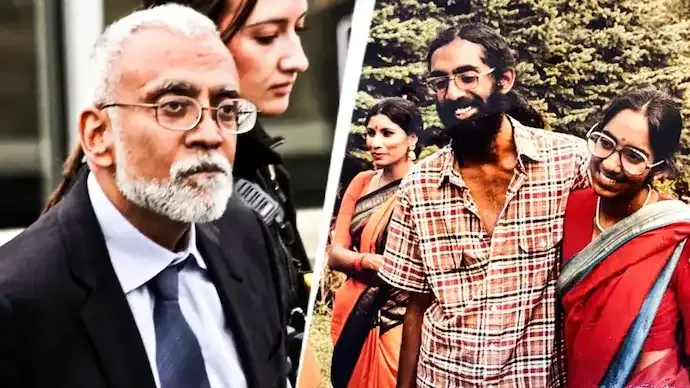Shopping cart
Your cart empty!
Terms of use dolor sit amet consectetur, adipisicing elit. Recusandae provident ullam aperiam quo ad non corrupti sit vel quam repellat ipsa quod sed, repellendus adipisci, ducimus ea modi odio assumenda.
Lorem ipsum dolor sit amet consectetur adipisicing elit. Sequi, cum esse possimus officiis amet ea voluptatibus libero! Dolorum assumenda esse, deserunt ipsum ad iusto! Praesentium error nobis tenetur at, quis nostrum facere excepturi architecto totam.
Lorem ipsum dolor sit amet consectetur adipisicing elit. Inventore, soluta alias eaque modi ipsum sint iusto fugiat vero velit rerum.
Sequi, cum esse possimus officiis amet ea voluptatibus libero! Dolorum assumenda esse, deserunt ipsum ad iusto! Praesentium error nobis tenetur at, quis nostrum facere excepturi architecto totam.
Lorem ipsum dolor sit amet consectetur adipisicing elit. Inventore, soluta alias eaque modi ipsum sint iusto fugiat vero velit rerum.
Dolor sit amet consectetur adipisicing elit. Sequi, cum esse possimus officiis amet ea voluptatibus libero! Dolorum assumenda esse, deserunt ipsum ad iusto! Praesentium error nobis tenetur at, quis nostrum facere excepturi architecto totam.
Lorem ipsum dolor sit amet consectetur adipisicing elit. Inventore, soluta alias eaque modi ipsum sint iusto fugiat vero velit rerum.
Sit amet consectetur adipisicing elit. Sequi, cum esse possimus officiis amet ea voluptatibus libero! Dolorum assumenda esse, deserunt ipsum ad iusto! Praesentium error nobis tenetur at, quis nostrum facere excepturi architecto totam.
Lorem ipsum dolor sit amet consectetur adipisicing elit. Inventore, soluta alias eaque modi ipsum sint iusto fugiat vero velit rerum.
Do you agree to our terms? Sign up

Two US courts have intervened to stop the deportation of Subramanyam “Subu” Vedam, a 64-year-old Indian-origin man who spent over four decades in prison for a wrongful murder conviction. Vedam’s deportation was halted after his conviction was overturned earlier this year, bringing renewed attention to flaws in the US criminal justice and immigration systems.
According to the Associated Press, Vedam has been held at a detention centre in Louisiana, equipped with an airstrip for deportations, even though he was cleared of murder charges in August.
Last week, an immigration judge paused Vedam’s deportation until the Board of Immigration Appeals (BIA) decides whether to review his case — a process that could take months.
On the same day, a federal district court in Pennsylvania issued a separate order preventing immediate deportation, providing temporary relief for the Indian-origin man who has spent most of his life behind bars.
Vedam, who arrived in the US as an infant, was arrested in 1982 for the alleged murder of his 19-year-old friend, Thomas Kinser, who went missing in December 1980. His body was found nine months later in nearby woods, and Vedam was identified as the last person seen with him.
At the time, Vedam — a legal permanent US resident — was also facing minor drug charges. In 1983, he was convicted of murder and sentenced to life imprisonment without parole, along with a 2.5–5-year term for the drug offence.
His attorneys have long argued that the conviction was based entirely on circumstantial evidence, with no forensic link, motive, or witnesses.
During his incarceration in Pennsylvania, Vedam transformed his life — earning three academic degrees, teaching fellow inmates, and mentoring younger prisoners.
Despite these achievements, he remained incarcerated for over 43 years until his legal team uncovered suppressed ballistics evidence that directly contradicted the prosecution’s claims.
In August, a Pennsylvania court overturned his murder conviction, ruling that crucial evidence had been withheld by prosecutors for decades.
Tragically, Vedam’s parents passed away during his imprisonment — his father in 2009 and his mother in 2016 — before seeing his name cleared.
Vedam was finally released on October 3, 2025, only to be immediately taken into custody by the US Immigration and Customs Enforcement (ICE).
ICE now seeks to deport him to India due to his decades-old drug conviction, arguing that the overturned murder case does not erase his other criminal record.
The Department of Homeland Security (DHS) maintains that the minor drug charge remains grounds for deportation under immigration law.
Vedam’s sister and lawyers have pushed back, arguing that his 43-year wrongful imprisonment should outweigh the minor offence, especially given his permanent residency status and deep ties to the US.
“He was just a baby when he came here,” one family member said. “This country took his entire life — the least it can do is let him live the rest of it free.”
The case has sparked debate over immigration justice, wrongful convictions, and rehabilitation rights in the US legal system.
Advocacy groups say Vedam’s case illustrates how overlapping criminal and immigration laws can double-punish innocent individuals — first through wrongful conviction and later through deportation.
The final decision by the Board of Immigration Appeals could take months, determining whether Vedam can remain in the US — the only home he has ever known.
11
Published: Nov 04, 2025